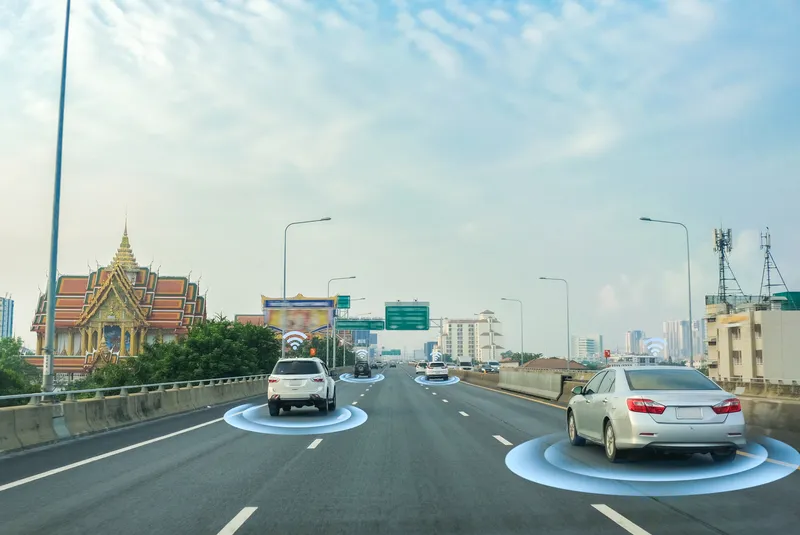The test vehicles will combine proprietary capabilities from Mobileye including computer vision, sensing, fusion, mapping and driving policy along with Intel’s leading open compute platforms and expertise in data centre and 5G communication technologies to deliver a complete ‘car-to-cloud’ system.
The fleet will include multiple car brands and vehicle types to demonstrate the technology’s agnostic nature.
The test fleet will allow the hybrid solution based on Mobileye and Intel technology to be demonstrated to current and prospective customers in real-world conditions and also serve as a base to interact directly with regulators. It also aims to showcase novel concepts of mapping and safety validation, which are both geared toward scalability.
Intel kick-starts Mobileye integration with plans to build fleet of autonomous test cars
With the completion of its acquisition of Mobileye, Intel is poised to accelerate its autonomous driving business from car to cloud. Mobileye will start building a fleet of fully autonomous level 4 SAE vehicles for testing in the United States, Israel and Europe. The first vehicles will be deployed later this year and the fleet will eventually scale to more than 100 automobiles.
August 10, 2017
Read time: 2 mins
With the completion of its acquisition of 4279 Mobileye, 4243 Intel is poised to accelerate its autonomous driving business from car to cloud. Mobileye will start building a fleet of fully autonomous level 4 567 SAE vehicles for testing in the United States, Israel and Europe. The first vehicles will be deployed later this year and the fleet will eventually scale to more than 100 automobiles.








